Pregnancy is a special time in a woman's life, and it's important to eat a healthy and balanced diet to support the growth and development of the baby. NHS Choices provides guidelines on what foods are safe and beneficial during pregnancy. Here is a detailed look at their recommendations:
Table of Contents:
- Fruits and Vegetables
- Dairy Products
- Protein Sources
- Whole Grains
- Healthy Fats
- Fluid Intake
- Supplements
1. Fruits and Vegetables:
Include a variety of fruits and vegetables in your diet to ensure you are getting a good mix of vitamins, minerals, and fiber.
2. Dairy Products:
Choose low-fat dairy products such as milk, yogurt, and cheese to help meet your calcium needs during pregnancy.
It is important to include dairy products in your diet during pregnancy as they are a great source of calcium, which is essential for the development of your baby's bones and teeth. NHS Choices recommends consuming low-fat dairy options such as milk, yogurt, and cheese to ensure you are getting the nutrients you need without consuming too much saturated fat.
Some dairy products, such as soft cheeses and unpasteurized milk, should be avoided during pregnancy to reduce the risk of foodborne illnesses. Be sure to check labels and choose pasteurized options to ensure the safety of your dairy products.
Incorporating dairy products into your meals and snacks can help you meet your calcium needs during pregnancy and support the healthy development of your baby.
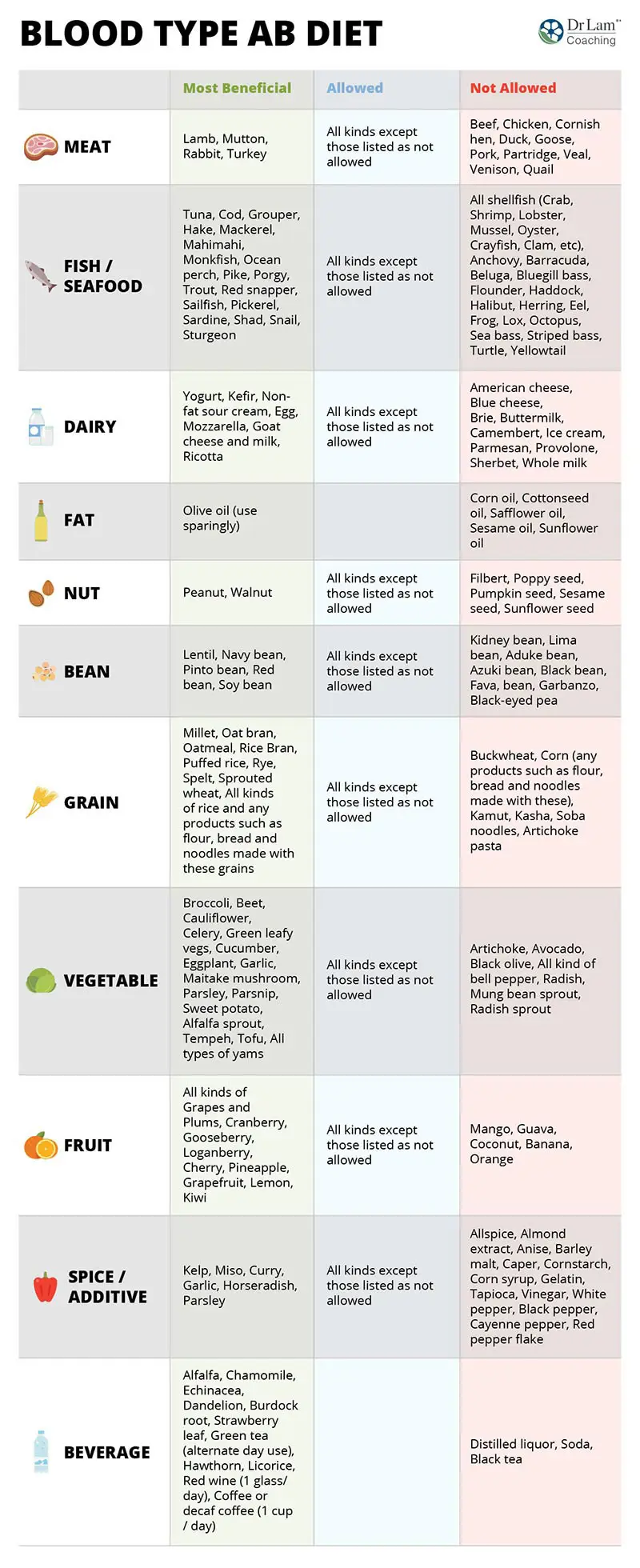
3. Protein Sources:
Opt for lean sources of protein like poultry, fish, beans, and nuts to support the baby's growth and development.
Protein is essential for the growth and development of your baby during pregnancy. Here are some healthy protein sources recommended by NHS Choices:
1. Lean meats such as chicken, turkey, and lean cuts of beef are excellent sources of protein. Be sure to cook these meats thoroughly to reduce the risk of foodborne illnesses.
2. Fish is also a great source of protein, but it is important to choose fish that are low in mercury, such as salmon, sardines, and trout.
3. Eggs are a versatile and nutrient-rich protein source. Make sure they are fully cooked to avoid the risk of salmonella.
4. Beans and legumes, such as lentils, chickpeas, and black beans, are plant-based sources of protein that are also high in fiber.
5. Dairy products like milk, yogurt, and cheese are good sources of protein and calcium, which are important for your baby's bone development.
Including a variety of these protein sources in your diet can help ensure that you are getting the nutrients you need to support a healthy pregnancy.
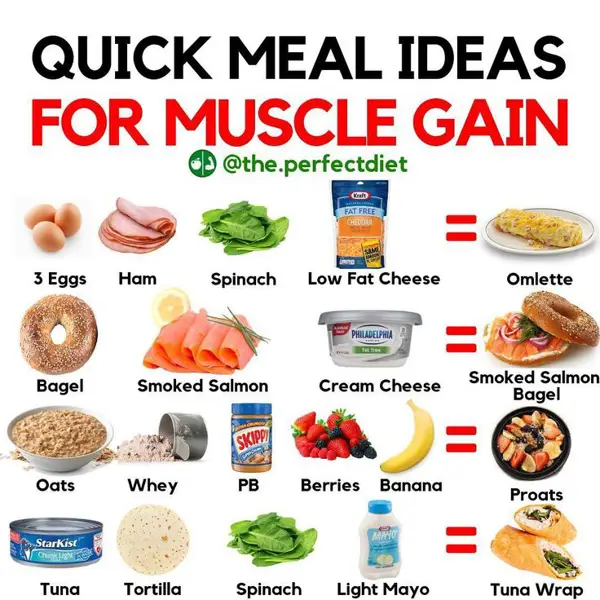
4. Whole Grains:
Whole grains provide fiber and essential nutrients. Choose options like brown rice, whole wheat bread, and quinoa.
Whole grains are an essential part of a healthy diet during pregnancy. They are rich in nutrients such as fiber, vitamins, and minerals that are important for both the mother and the growing baby. Whole grains include foods like brown rice, quinoa, oats, and whole wheat bread.
Including whole grains in your diet can help regulate blood sugar levels, aid in digestion, and provide sustained energy throughout the day. They can also help prevent constipation, a common issue during pregnancy.
Incorporating whole grains into your meals can be easy and delicious. Try swapping out white rice for brown rice, choosing whole grain pasta over white pasta, or enjoying a bowl of oatmeal for breakfast. Making small changes to include more whole grains in your diet can have a big impact on your health during pregnancy.
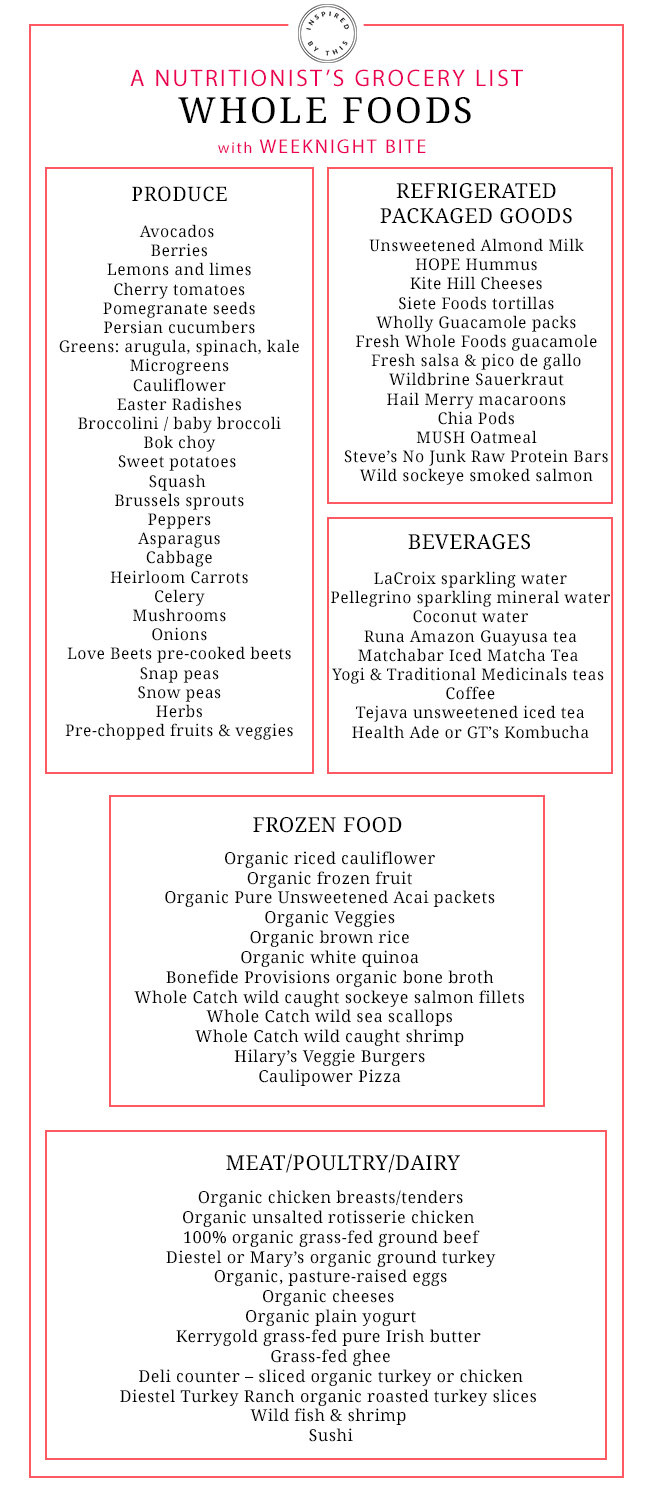
5. Healthy Fats:
Incorporate sources of healthy fats like avocados, nuts, and olive oil into your diet for brain development and energy.
It is important to include healthy fats in your diet during pregnancy to support your baby's growth and development. NHS Choices recommends incorporating sources of unsaturated fats, such as avocados, nuts, seeds, and oily fish, into your meals.
These fats provide essential nutrients like omega-3 and omega-6 fatty acids, which are important for your baby's brain and eye development. They also help maintain healthy skin and support the growth of the placenta.
Be sure to limit saturated fats and trans fats, found in processed foods and fried foods, as these can be harmful to both you and your baby. Instead, opt for healthier cooking methods like grilling, baking, or steaming.
By incorporating a variety of healthy fats into your diet, you can ensure you are providing your baby with the nutrients they need for a healthy start in life.
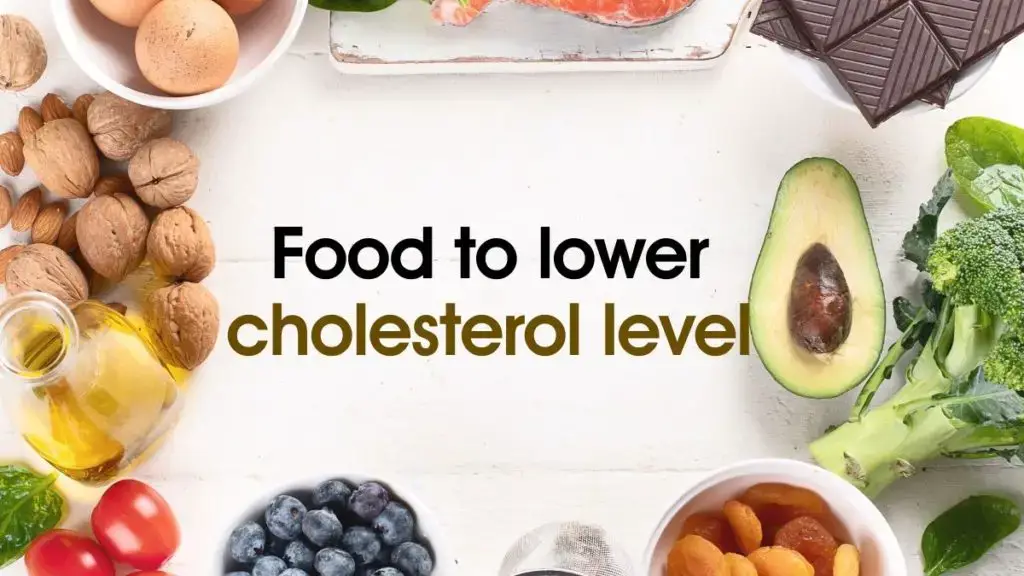
6. Fluid Intake:
Stay hydrated by drinking plenty of water and consuming fluids like herbal tea and milk.
Fluid Intake: NHS Choices
During pregnancy, it is important to stay hydrated by drinking plenty of fluids throughout the day. NHS Choices recommends consuming at least 8 glasses of water daily to maintain optimal hydration levels. Additionally, incorporating other fluids such as herbal teas, fruit juices, and milk can also help meet your fluid intake needs.
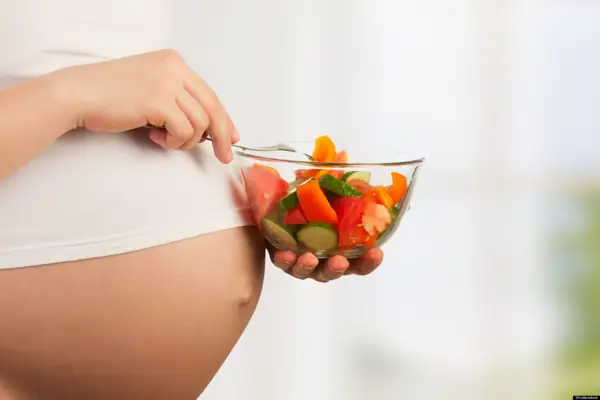
7. Supplements:
Your healthcare provider may recommend prenatal vitamins to ensure you are getting enough essential nutrients during pregnancy.
Supplements are an important aspect of maintaining a healthy diet during pregnancy. The NHS Choices website provides valuable information about which supplements are recommended for pregnant women. From folic acid to vitamin D, these supplements can help ensure the health and well-being of both mother and baby. It is essential to consult with a healthcare provider before starting any supplement regimen to ensure it is safe and beneficial for both the mother and baby. Stay informed and make the best choices for a healthy pregnancy.

Key Takeaways:
- Eat a variety of fruits and vegetables for a mix of vitamins and minerals.
- Choose lean protein sources like poultry, fish, and beans.
- Incorporate healthy fats from avocados, nuts, and olive oil into your diet.
- Stay hydrated by drinking plenty of water and other fluids.
- Consider taking prenatal supplements as recommended by your healthcare provider.
FAQ:
Q: Can I eat sushi during pregnancy?
A: It is best to avoid raw fish during pregnancy to reduce the risk of foodborne illnesses.
Q: How much caffeine is safe during pregnancy?
A: It is recommended to limit caffeine intake to 200mg per day during pregnancy.
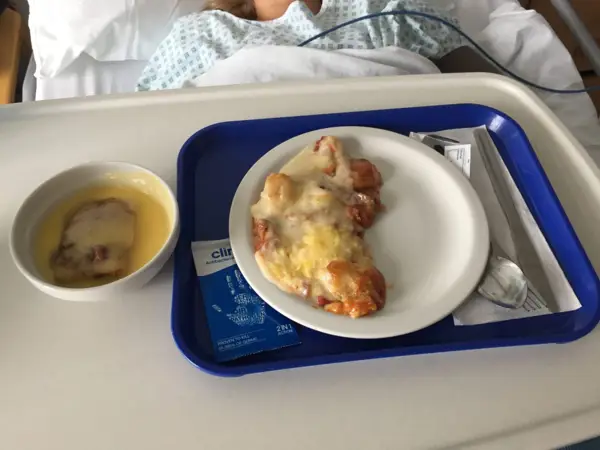


Recent Comments